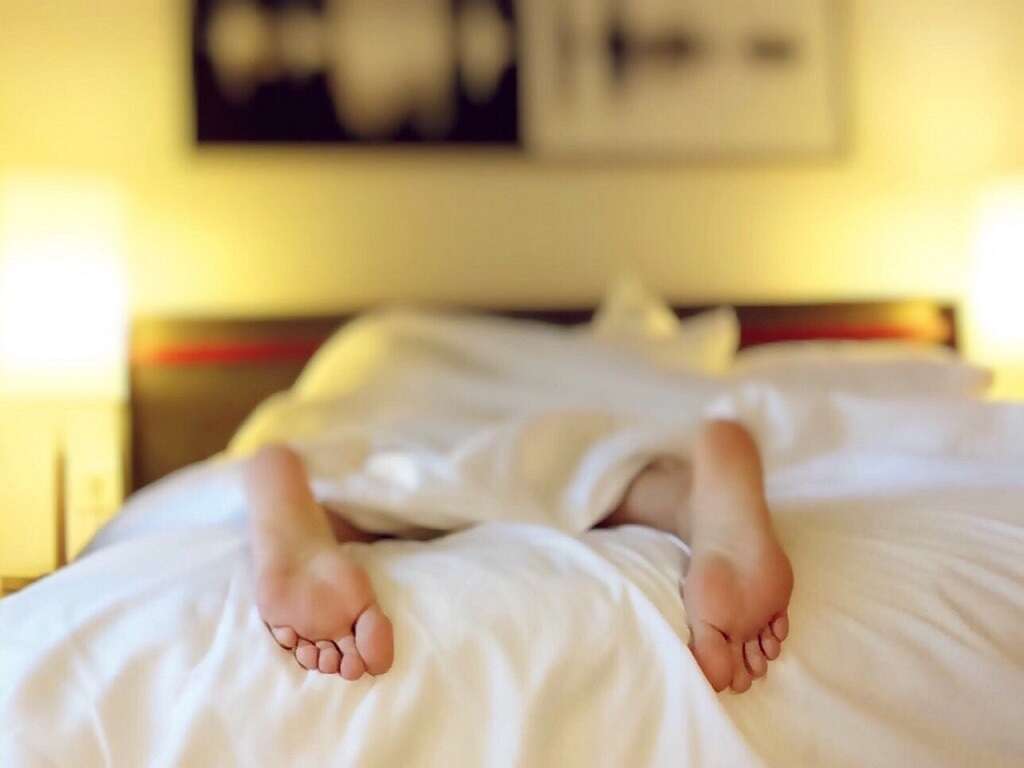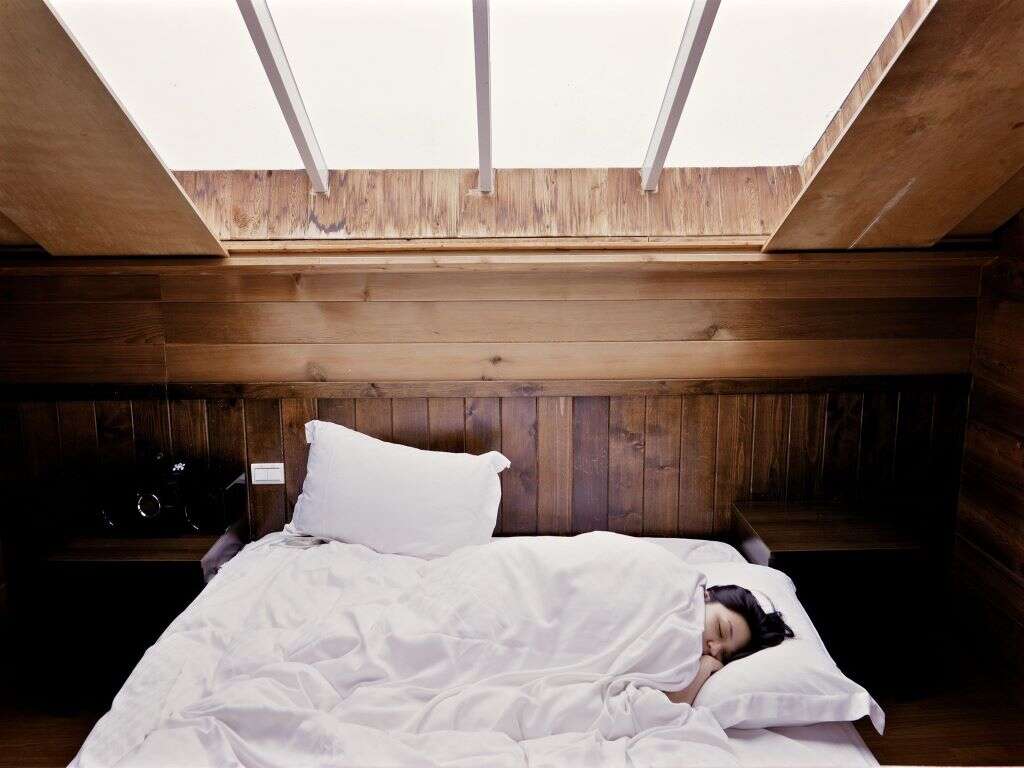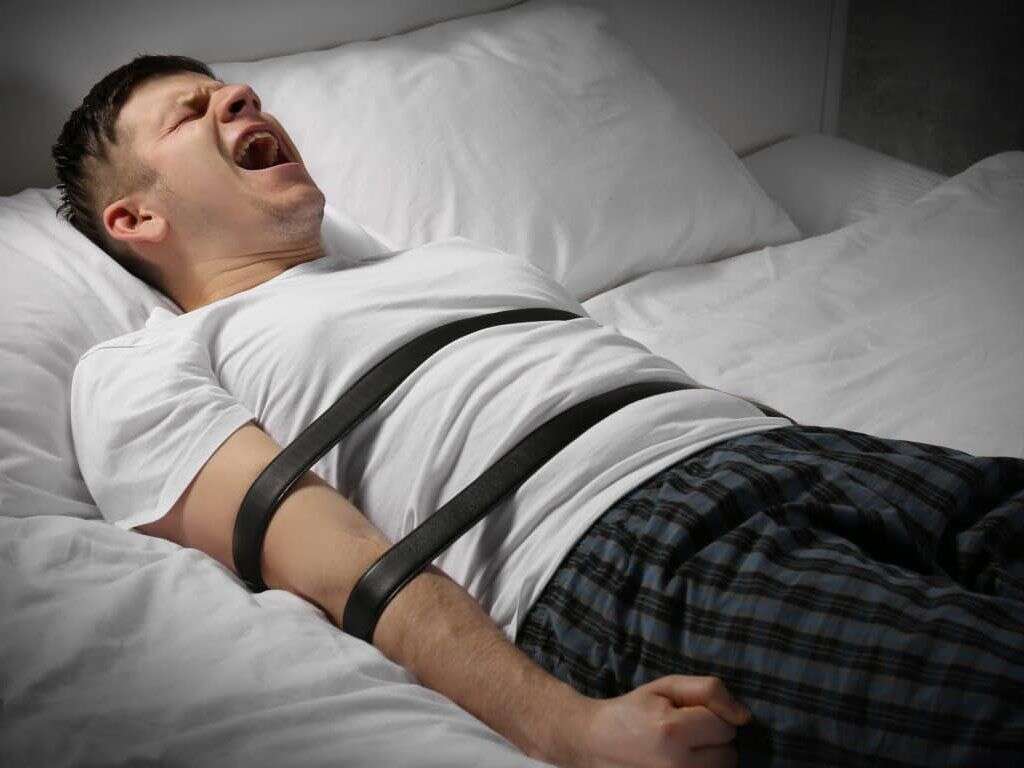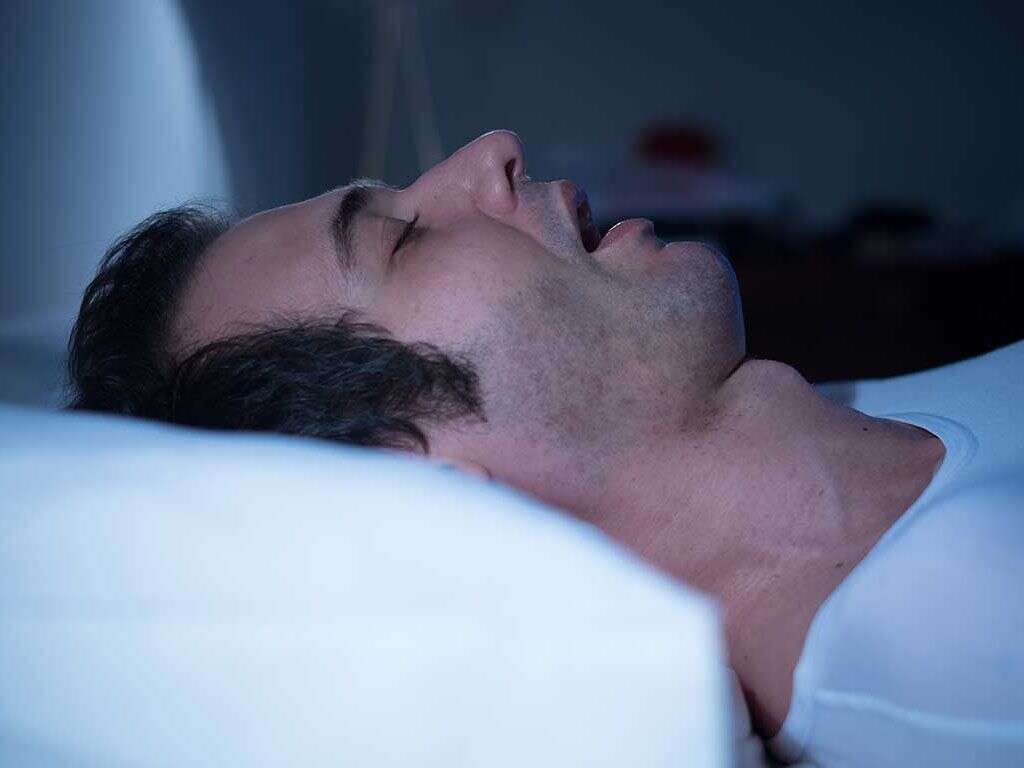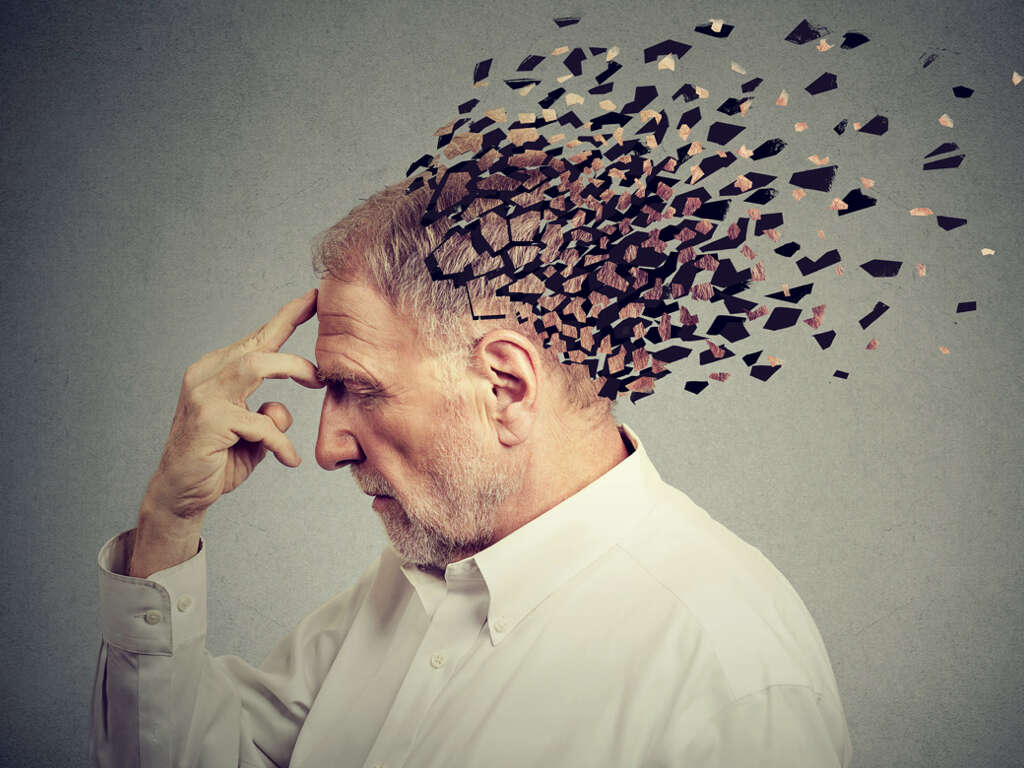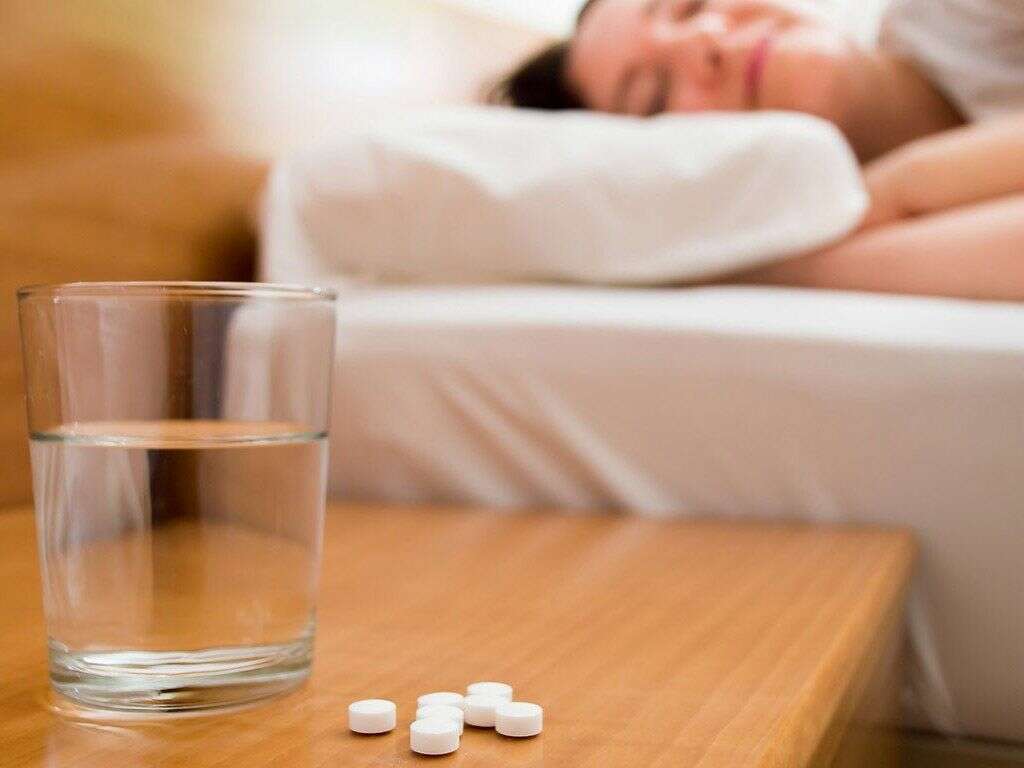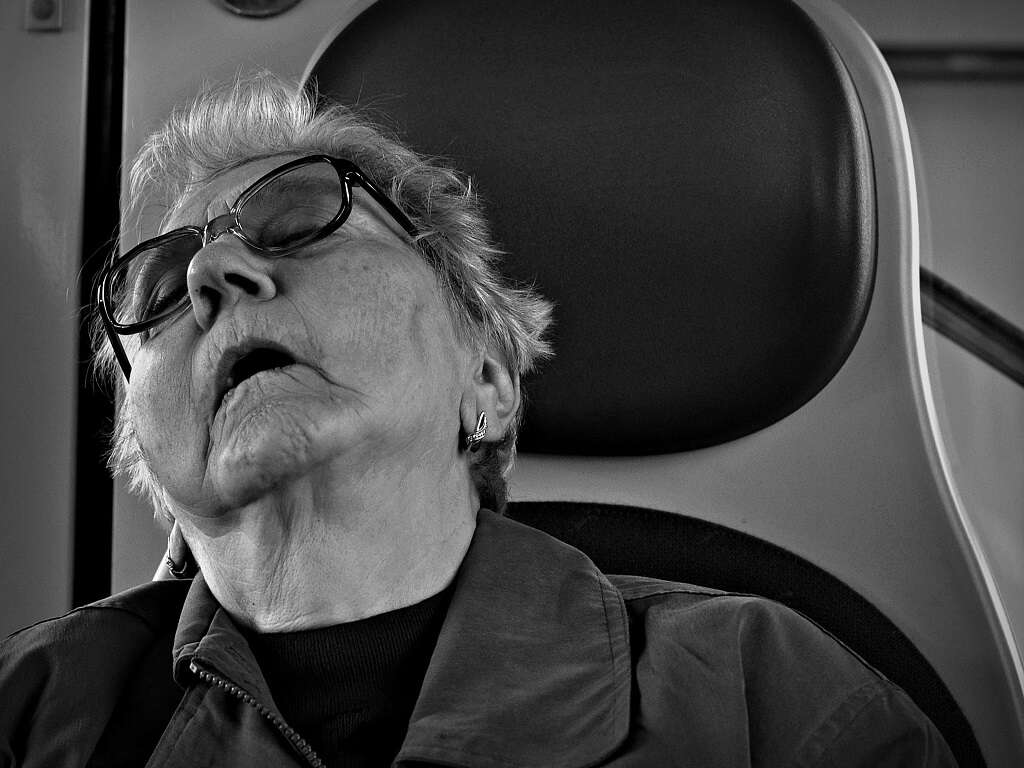10 Ways To Fall Asleep Fast
It’s no secret that sleep is important. Getting a good night’s sleep, every night, is one of the most important things for keeping a person happy and healthy. That said, a lot of people struggle with falling asleep every night. This can lead to them experiencing symptoms of sleep deprivation: fatigue, confusion, lethargy, changes to mood and appetite, and other symptoms. If sleep deprivation gets too far out of hand, a person might end up becoming psychotic or delusional.
Hearing all that, it’s easy to understand why someone would want some tricks to help them fall asleep easier. Some people may be interested in learning these things simply because their mind tends to run in overdrive at bed time, keeping them awake for hours after they’ve lain down. Whatever the reason, here are ten of the best, tried-and-true methods for helping you fall asleep quicker.
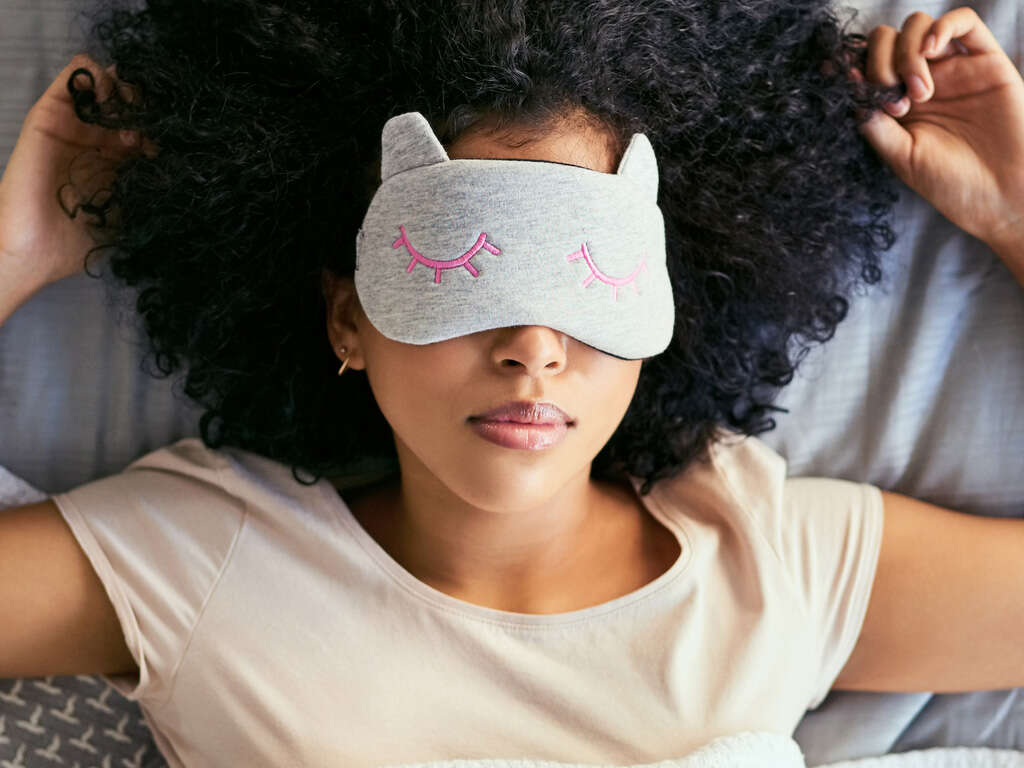
Fall Asleep Fast Tip #1: Meditate
One of the biggest reasons that people end up staying awake long after they have gone to bed is because they are thinking too much. Counting sheep doesn’t always help if your mind is racing so fast that you can’t even count to ten.
So, what’s the best way to slow down your mind? Meditating. There are an endless number of meditation practices that you can perform, but the simplest one is to simply count your breaths slowly. Inhale and exhale, feeling your lungs fill up entirely and then drain entirely, for a count of one. Do this at least ten times and you’ll feel very relaxed after.
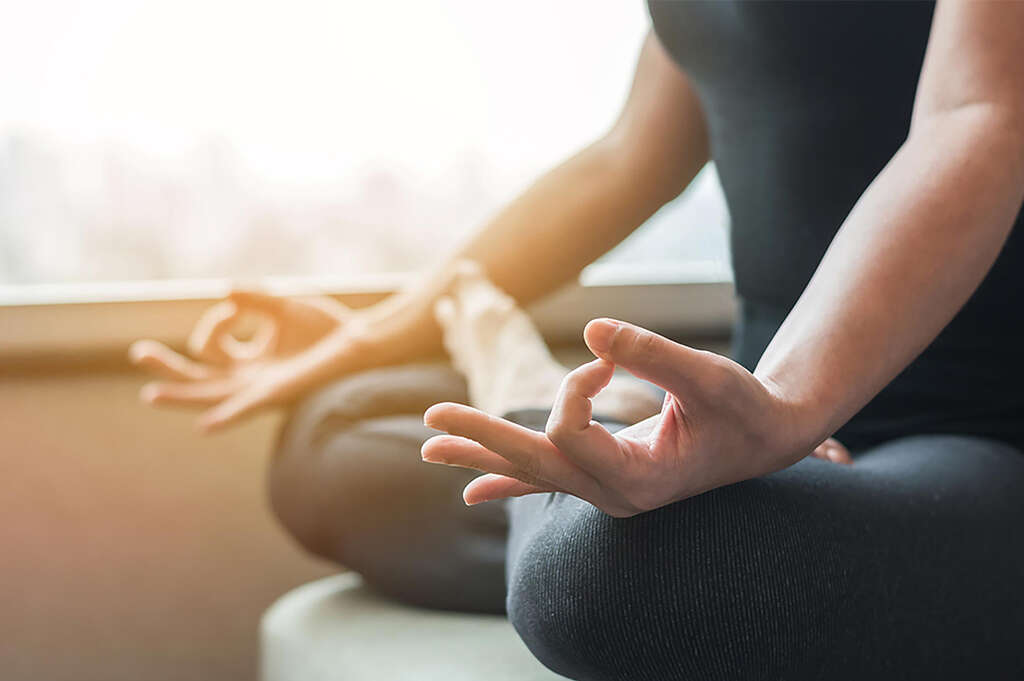
Fall Asleep Fast Tip #2: Exercise During the Day
One of the reasons that people have a hard time falling asleep is because they still have too much energy. Sleep is the time that we recharge our brains and our bodies, and many of us try to fall asleep at a scheduled time for work or school.
Unfortunately, if we aren’t burning up our energy during the day, then our body won’t feel the need to replenish it at night time. People who work sedentary jobs or who drive or bus to school may not feel tired enough to fall asleep at night. This is one of the reasons that exercise is important.
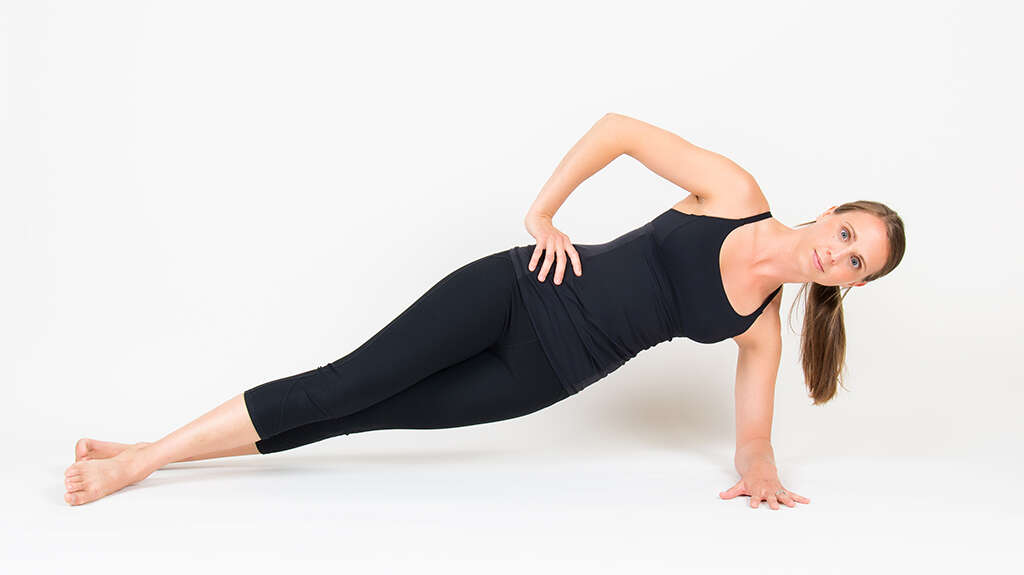
Fall Asleep Fast Tip #3: Take Melatonin
Melatonin is a compound that our brain produces to help regulate its sleep/wake cycle. Some people have problems producing melatonin and this can impact their sleep schedule.
Melatonin is also available as a supplement that many people take before night. One thing to be cautious of, however, is that many of the people who take melatonin don’t actually need to take it. It can certainly be useful, but taking any hormone on a regular basis can prevent your body from producing it naturally and causing problems. Make sure that you only use melatonin as a last resort, and do it sparingly.
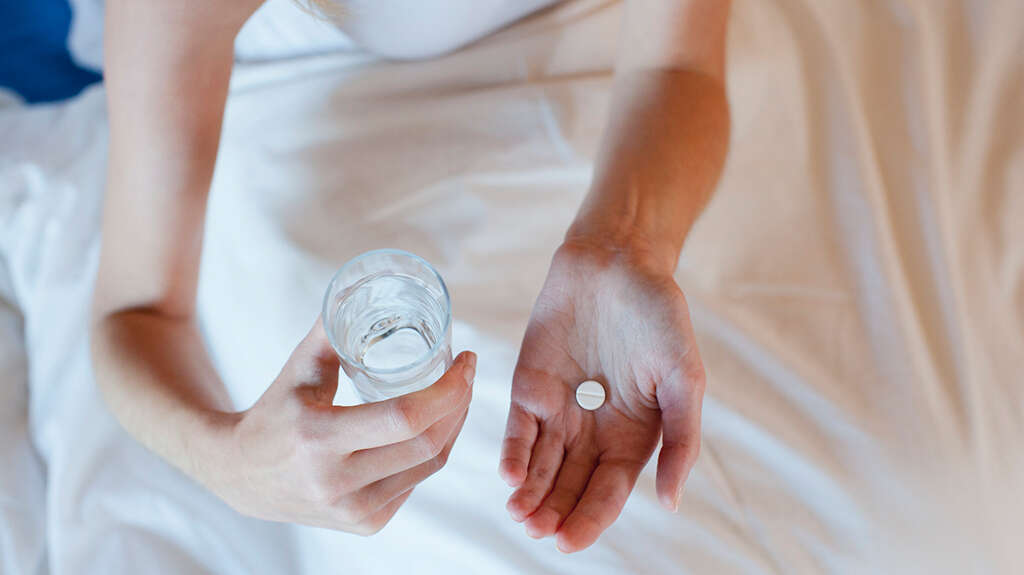
Fall Asleep Fast Tip #4: Don’t Exercise Too Late
We have already mentioned the importance of exercise during the day. However, it’s important to remember that you shouldn’t exercise too late at night. This can actually prevent you from falling asleep because exercise revs up your cardiovascular system and gets your heart beating quickly.
Try not to get too much exercise within the hour or two before bed or you might have a harder time falling asleep than you would have if you didn’t exercise at all.
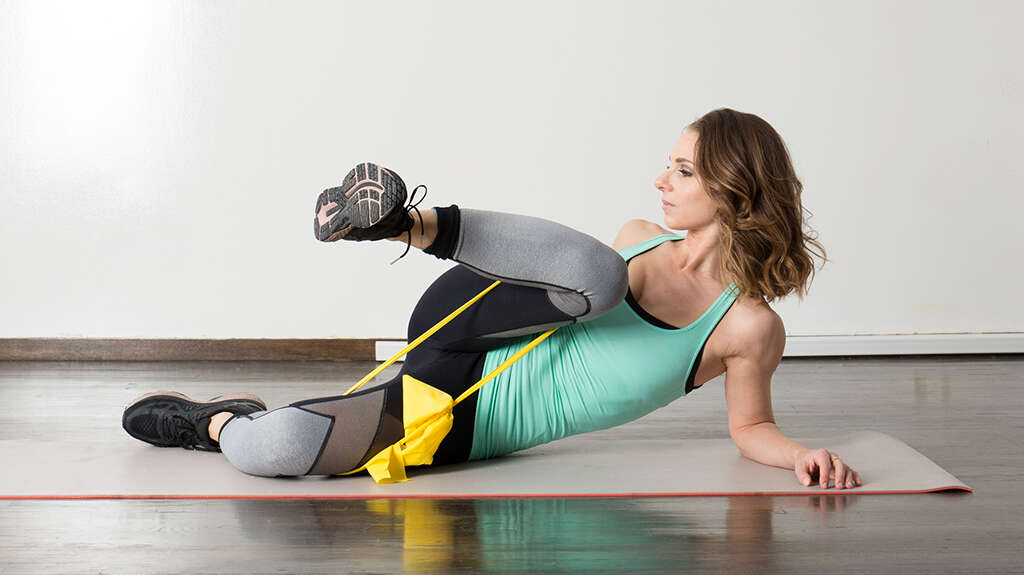
Fall Asleep Fast Tip #5: Take a Warm Shower
One of the best ways to relax yourself is to take a hot shower or bath. The process of stepping out of a higher temperature, such as that in a bath, and into a cooler temperature, actually causes your body temperature to drop. This, in turn, slows down your metabolism and helps you prepare for sleep.
This is one of nature’s ways of ensuring that organisms fall asleep at a regular time. When the temperature drops as the sun sets, so, too, does our metabolism.

Fall Asleep Fast Tip #6: Eat a Heavy Meal 2 Hours Before Bed
While many of us are aware that it’s not healthy to eat anything right before bed, if you don’t eat for at least 2 hours before bed you should be fine.
In this case, if you eat a heavy meal – one full of carbs (preferably healthy, complex carbs like those in sweet potatoes) then you might experience a carbohydrate crash a couple hours after your meal. This can make it a lot easier to fall into a restful sleep.

Fall Asleep Fast Tip #7: Eat a Meal with Tryptophan
Tryptophan is an amino acid that’s a precursor to serotonin, one of the neurotransmitters in our brain. Serotonin, in turn, is involved in the production of melatonin, and people who don’t have enough serotonin are often at risk of having sleep problems.
Fortunately, by eating foods with a lot of tryptophan, you can gear your brain up to produce the necessary compounds for sleep. Foods high in tryptophan include chicken, dairy products, and chocolate, though be careful with chocolate because it could be too stimulating for you to fall asleep.

Fall Asleep Fast Tip #8: Use Lavender
Lavender has been proven to be useful in aromatherapy as a relaxant, and relaxing is what many people need before going to bed. Thanks to how busy we are in our daily lives, many of us are stressed out and have a hard time relaxing. Lavender can help with that.
There are several ways that you can use lavender. You can vaporize some of the essential oil in a diffuser, or you can put a couple sprigs of lavender in your pillowcase. There are also lavender teas that you can drink.

Fall Asleep Fast Tip #9: Drink Chamomile
If you have ever seen a type of tea that was labeled ‘sleepytime tea,’ then chances are that it had chamomile in it. Chamomile is a mild relaxant that’s often just enough to help people get prepared for falling asleep.
Chamomile tea can be found in most grocery stores and can be brewed just like regular tea. Other herbal teas that can help you fall asleep include damiana and mugwort.
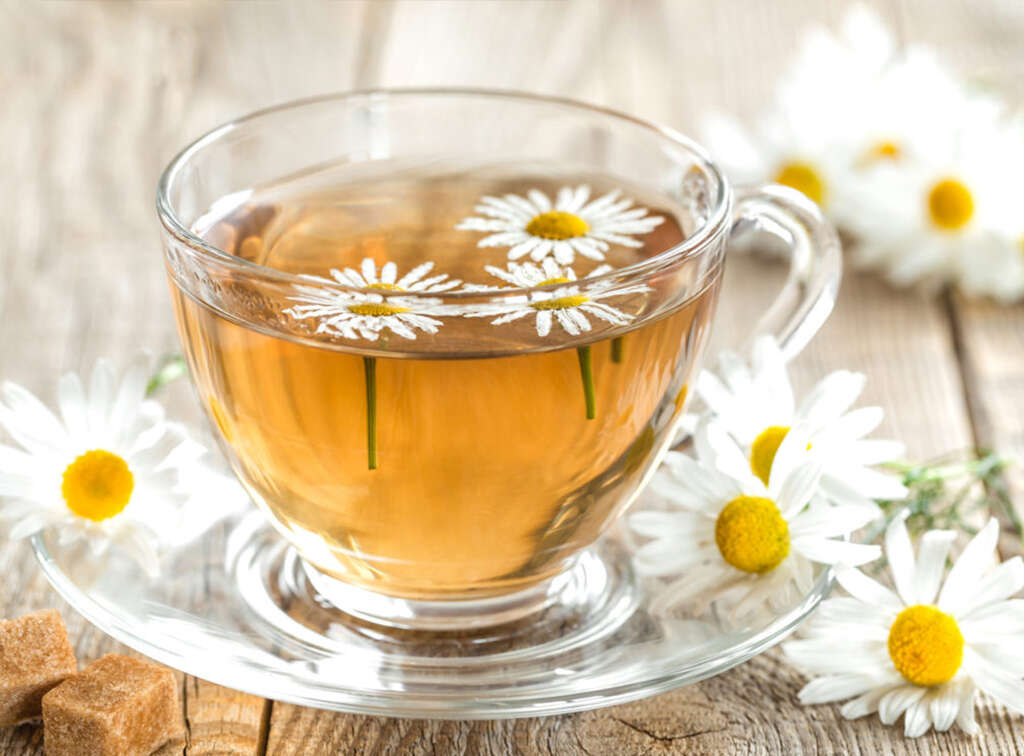
Fall Asleep Fast Tip #10: Avoid Caffeine After Noon
One of the biggest things that keeps people awake at night is caffeine. You might think, “well, I don’t drink any caffeine in the evening!” Even though the main effects of coffee or other caffeinated beverages usually wear off after a few hours, there is some residual stimulation that can linger for over 8 hours.
This means that it’s wise not to drink caffeine at least 8 hours before bed. Of course, the duration of time needed for it to wear off varies from person to person, but if you drink coffee in the afternoon and are having trouble sleeping, try cutting it out and seeing if you can get to sleep easier.




